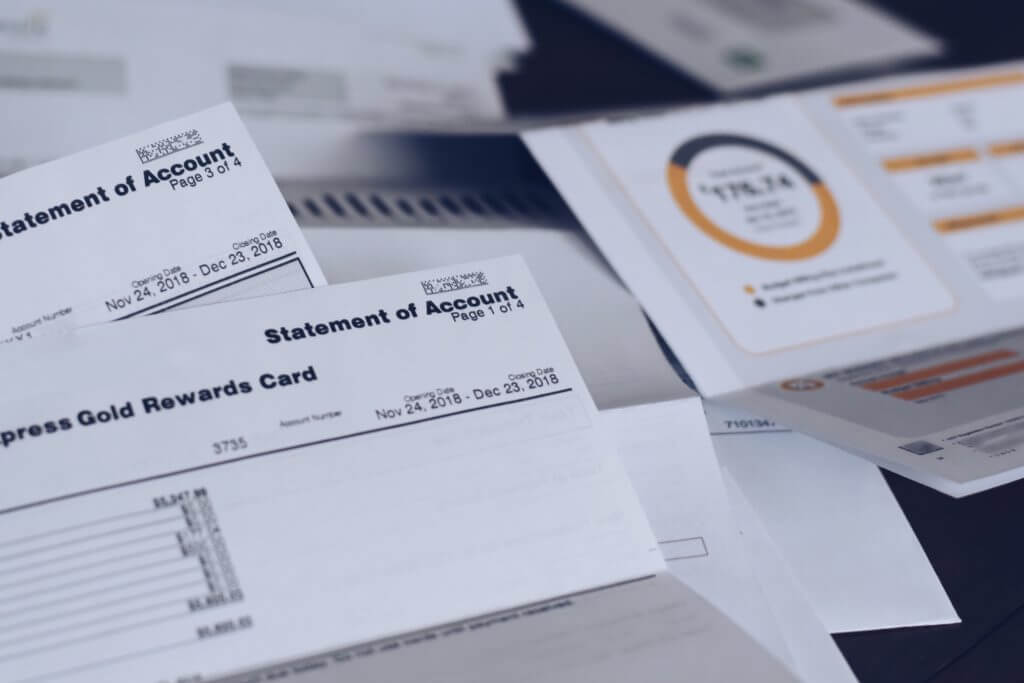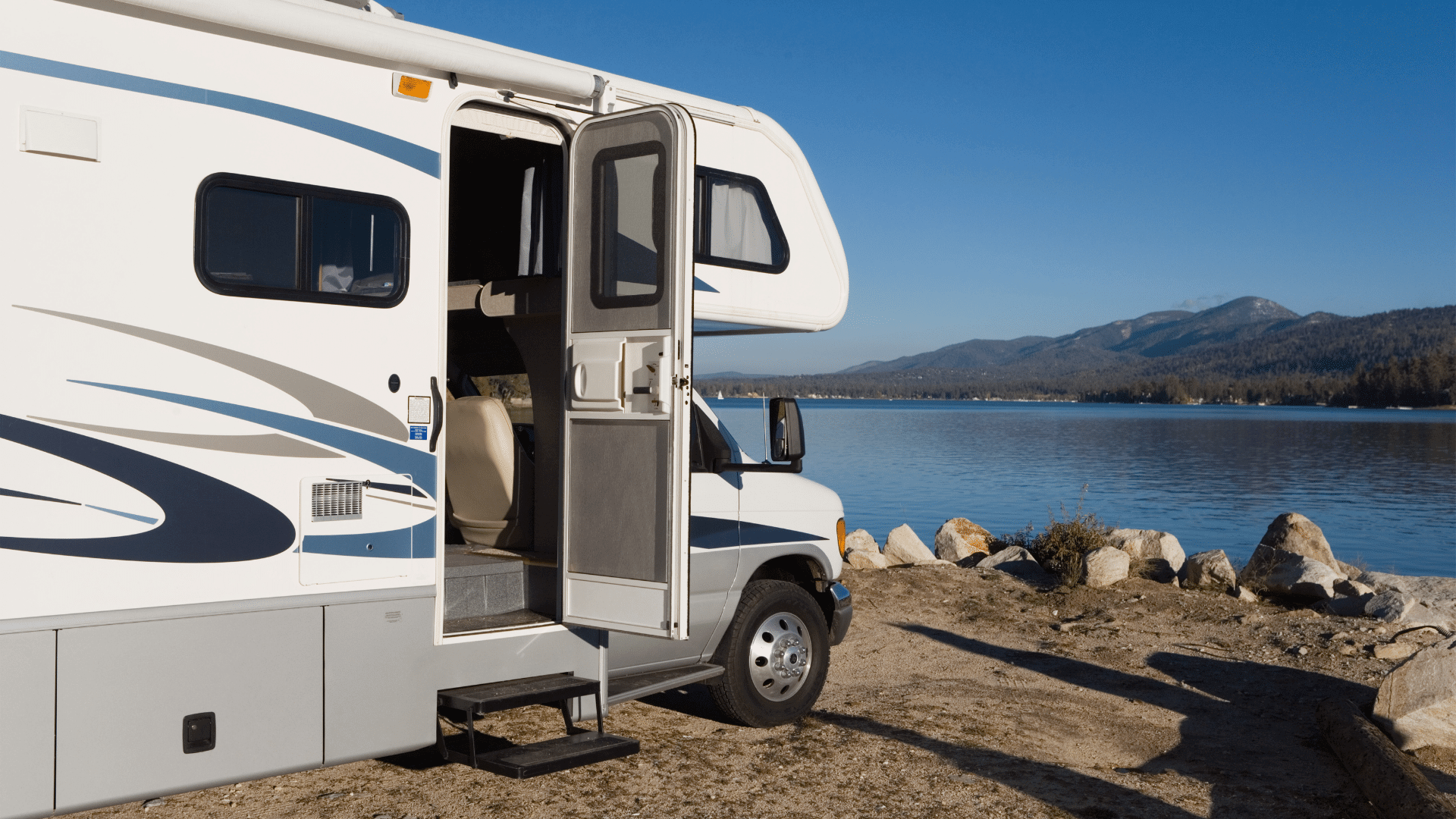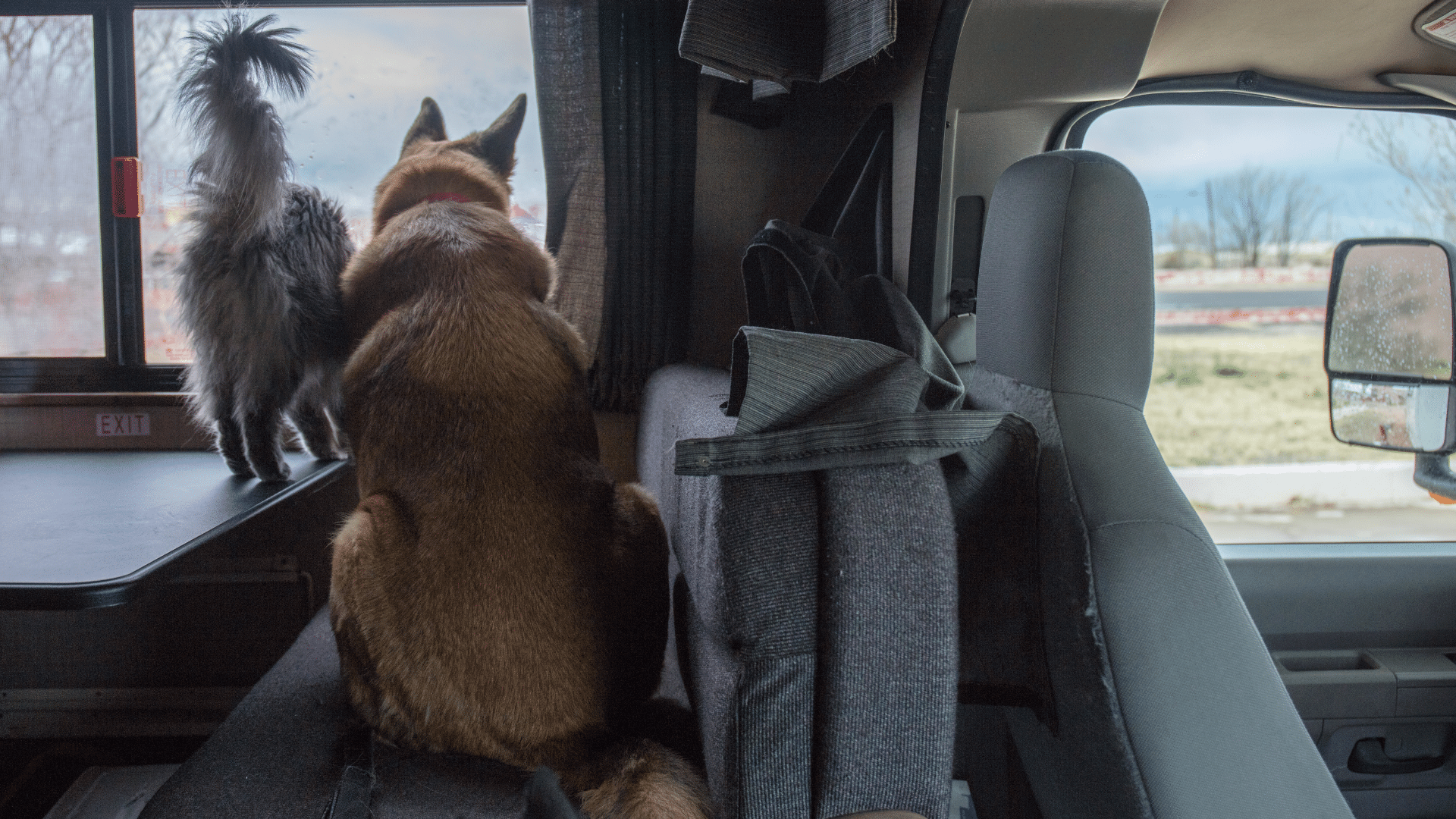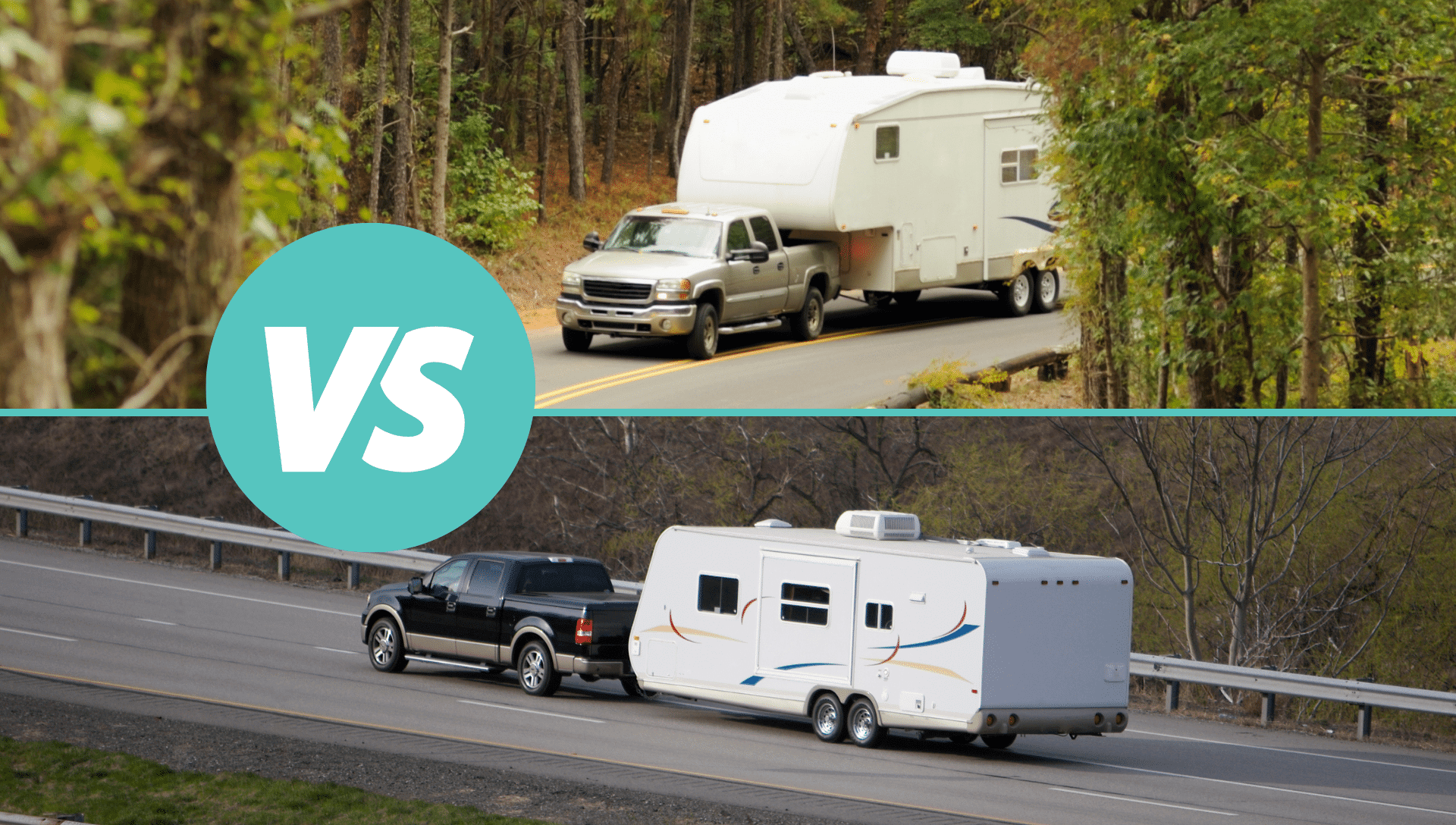Table of Contents Show
Some of the best reasons to live in an RV are to explore the world, experience the great outdoors, and ideally – save money. But, what expenses do you need to consider before determining if moving to full-time life on the road is cost-effective? There are costs associated with full timing that you don’t have in a sticks and bricks house and there are plenty of costs in a traditional house that you don’t have to deal with in an RV. Let’s move on and explore the question “does living in an RV actually save money?”
Cost of Living in an RV Full-Time
Do You Own or Make Payments
This category could fluctuate greatly depending on which RV you have. Paying for the RV outright means you have zero in this category, but if you took out a loan for $300,000 on your RV, the payment would be a lot more, and you might have to make up the difference in another category.
Cost of Parking It
Campgrounds can run from $10 a night to over $100 per night depending on if you like to stay somewhere with a lot of amenities or not. You can learn to boondock and save money by not paying to stay in an organized campground. Also, there are a lot of clubs and programs where you can save money to stay. Don’t forget moochdocking with friends and family since that costs nothing!
Spending Habits
Take into consideration how you like to travel. Do you prefer to explore the local culture or take tours, or go to the more expensive sights? If your Amazon Prime guy knows how to find you no matter where you park, you might need to consider cutting back on your shopping expenses.
Your Personal Bills
We all have other bills that vary depending on who we are. Some people must pay for medications. Others are still paying down debt or subscriptions to Audible or XM Radio. These should be considered when planning expenses to see if living in an RV saves money.
Pro Tip: Read The Worst Things About Full-Time RV Living before you commit to RV life. It’s not always the easiest lifestyle!
Make a Cost Comparison of Current Living Costs vs RV Living
If you have a detailed budget and you know where your money goes each month, then this will be easier for you. If the bills come in the mail and you pay them without recording the payment, you might need to take a month or so to realize all your bills. Here are some suggestions to start the comparison.
Expenses You Might Pay in an RV
Campgrounds Fees
Every night (except when you boondock) you’ll need to pay campground fees. The cost could be as little as $10 per night or much more depending on how you like to camp. Consider this as your rent/mortgage payment. We recommend estimating $50 a night if you don’t know where to start with this number.
Increased Fuel
You won’t be doing your hour-long commute to the office daily if you have a remote job, but you will need to fill up as you travel from state to state and campground to campground. This travel will ultimately cost you more, not only because you are traveling further, but you also will get fewer miles to the gallon driving or hauling a large vehicle. You will also have to pay for propane and other RV essentials. We recommend estimating six miles per gallon if you’re in a motorhome and 12 miles per gallon if you will be towing.
Increased Repair Expenses
Everything costs more when it comes to repairs on an RV or trailer. From oil changes to new tires, the maintenance repair savings account will need to be well padded to meet the demands of the increase in repair expenses. In a motorhome or a trailer, you are traveling with a kitchen, bathroom, bedroom, living room, and a motor. Although they are smaller than a house, you will still have repairs that will need to be done in those rooms. A leaky pipe or broken slide costs you money and time to find someone qualified to work on it.

Expenses You Might Not Pay in an RV
Property Taxes
If you don’t own property, you don’t have to pay taxes to the city every six months. In some places that will save you thousands of dollars. Most full-timers will sell their home, so you can kiss this payment goodbye when you hit the road!
Rent/Mortgage
Your rent/mortgage will be your RV payment if you have one. However, unlike the $1,000 plus mortgage with taxes and insurance rolled in, your payment on the RV will most likely be considerably less. Personally, our RV payment is less than 1/4 of what we were paying for rent in Los Angeles.
Lawn or Pool Care
This is all taken care of by the camping resort you are staying in. You no longer need to hire a pool guy or a lawn care specialist to take care of projects around the yard. Savings of $900 per year, more or less.
Homeowners or Flood Insurance
This insurance usually gets rolled into a mortgage payment, but if the house is paid off, you pay this out of pocket. In an RV, you should pay RV insurance to cover you if something catastrophic happens. Not paying homeowners insurance could save you around $800. Flood insurance could have you another $500.
Airfare, Hotel, or Restaurant Costs When Traveling
Traveling becomes more cost-effective when you drive in an RV. You don’t have to pay airfare or the extra bag fees, or for hotels with extra charges for your pets. Restaurants become a less common expense and saved only for when you really want to eat out somewhere special.
Having a hot dinner on the road is easy-peasy in an RV. The savings range for this category. It’s at least $35 per pet per night at a hotel. Bag fees are $50 and a dinner out for four is $100 or more depending on how your family eats – all of these begin to add up and become very expensive!
Utilities
Utility bills can fluctuate depending on the season. You pay more electricity when you use the air conditioners and more in oil or propane when it’s cold. In many cities, you pay for water, sewer, and electricity. In a campground, those can all be rolled into the fee you pay to stay overnight. At the sticks and bricks house, you might also have a gas bill and a garbage bill to pay someone to haul away your daily trash.

How to Save Money When Living in a Camper
Some key places to save money when in an RV are as follows:
Purchase an Affordable RV
Don’t overspend when getting an RV. If you can only afford $300 payments, don’t buy a $90,000 RV. Find a rig in your price range and spend money fixing it up to your taste and style.
Stay in One Place Longer
The longer you stay in one place, the less you’ll pay for gas and the less you’ll pay, in theory, for your campsite. Many places decrease the daily rate per night when you stay a week or longer. Sometimes the monthly rate works out to be cheaper than a two-week stay! Always check the monthly rate in a park when you are considering staying in the area for 2-3 weeks.
Be Smart When Choosing Where You’ll Park
If your budget isn’t balancing for the month because you had extra expenses, then instead of choosing a luxury RV park for a week, look for places you can boondock or places you can use the benefits of your membership to decrease the price.
Discovering if RV life would be less expensive might take months or longer, but after some careful consideration and tracking your current expenses, you should be able to see the benefits of living in an RV and saving money!







I have read a few comments that some RV parks will not allow a trailer over a certain age. No matter how well maintained it is. Something to keep in mind when purchasing.
When I started a new job I started out live in hotels I moved to a place that had no hotel rooms for 30 miles. So I was glade to find a rv park 16 miles away. So now I live in my new 30 ft. Toyhauler it’s a big change from living in a hotel.so I have a truck to drive on bad days and my motorcycle on good days.